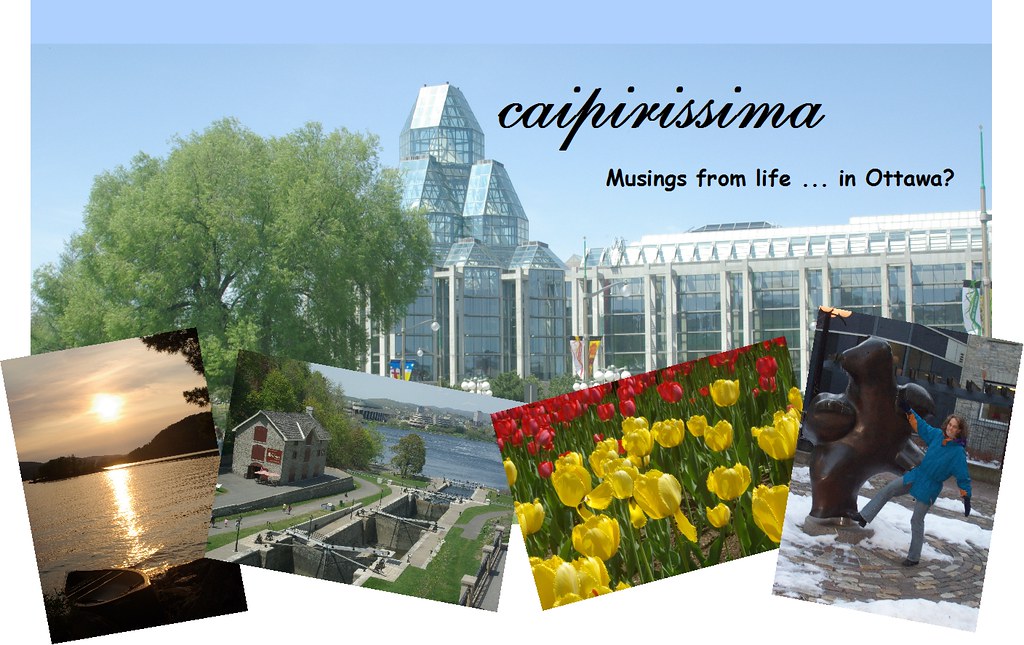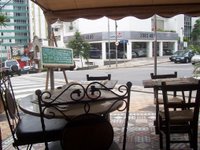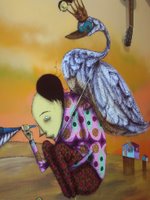His eyes were glazed and lacked focus. His body had a staleness that lingered in the air around him. His clothes were torn and soiled; they hung limply on his thin frame. We figured that he was in his early twenties, but there was no way to tell for sure without asking. He approached our table and asked if he could show us his trade – transforming empty aluminium pop cans into art. Art. Art being mini pop cans, ashtrays, and other presumably useful knickknacks.
We were sitting at a table on the sidewalk outside a restaurant in the historic centre of São Luis, Maranhão. We had just arrived in the historic capital after several hours of travelling and were looking forward to sharing a plate of picanha (steak), macaxeira frita (deep fried cassava or manioc), and perhaps even a cold beer. We looked at each other, shrugged our shoulders casually and invited our guest to sit down while we waited for our order to arrive.
He sat down at the table, pulled a used pepsi can out of his knapsack and started to fiddle with it while asking us questions about ourselves as well as our perceptions of São Luis. We chatted easily, answering his questions and asking him some of our own. You guys aren’t like other tourists. You are talking to me. You haven’t sent me away. I like you. You are different. He cut and fiddled, fiddled and cut, and cut and fiddled. And then fiddled some more.
I know that you probably aren’t rich back in your country, but you have conditions, means and opportunities that I will never have. How could we argue otherwise?
Our food arrived and our guest had still not managed to coordinate his fingers. The food grew cold while we waited for him to complete his task. We offered him some picanha and macaxeira, he refused, and we finally decided that we had to start eating, whether or not it would be considered rude. He accepted a glass and we poured him a beer. His coordination did not improve. Giving up, he returned the pepsi can to his bag, pulled out a coke can, and started again. We silently glanced at each other, not sure how to let him know that it was okay if he wasn’t able to finish the job.
We asked him whether or not he was hungry and gave him R$10 to buy some lunch. He asked us if this was our way of telling him to leave. Yes. No. No. We asked where he normally ate and he answered na delegacia – at the police station. His answer caught us by surprise. At the police station? The police in Brazil aren’t known for their particular fondness of street kids and the homeless. Really? At the station? How do the police here treat you, I asked. His eyes immediately welled up and he could no longer speak. He looked down, shook his head and bit his lip as he struggled not to cry. Not well, not well, he barely managed to whisper. Do they beat you? Yes, they beat us. The conversation didn’t go much further.
He finally finished assembling the pop can and gave it to me. I kept it until it fell apart, a reminder of why I am here.







